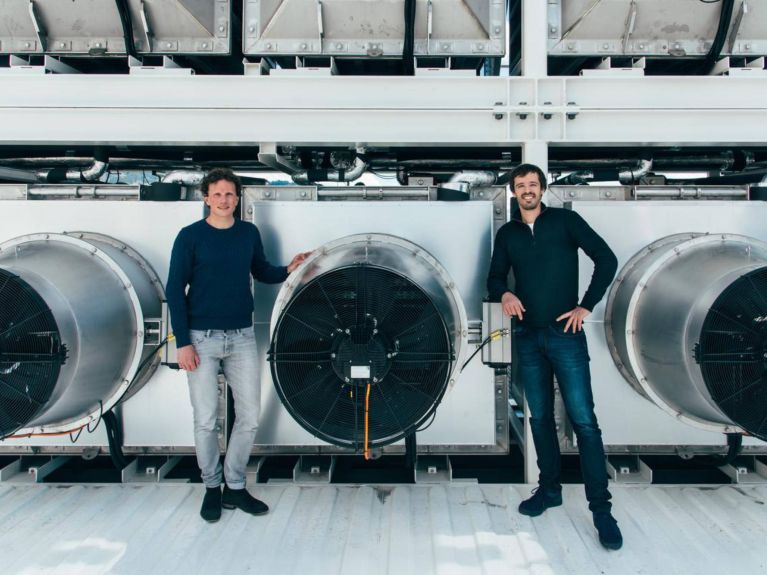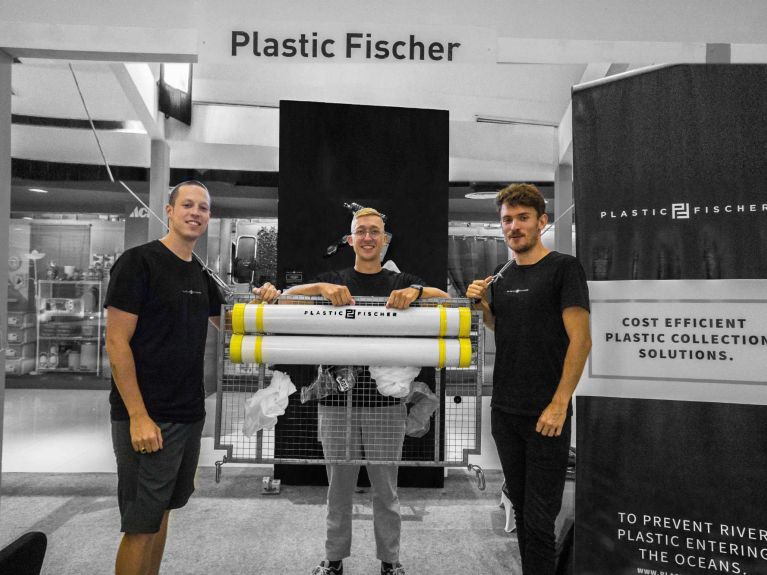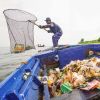How German start-ups are helping protect the environment
Contaminated groundwater, microplastics, too much CO2 in the atmosphere – German start-ups search for solutions to pressing global environmental problems.

Removing CO2 from the air – Climeworks
German mechanical engineers Christoph Gebald and Jan Wurzbacher have developed a new technology to filter climate-harmfulCO₂ out of the air. They established Climeworks, a start-up based on their direct air capture technology, at ETH Zurich in 2009. To render the carbon dioxide emissions harmless, they store them underground. The founders use storage facilities in Iceland, where the gas is stored in layers of earth deep underground. They also plan to set up several facilities based on this technology in the USA.
The fight against microplastics – Plastic Fischer

This German start-up has set itself the goal of cleaning rivers that are polluted by plastics before they reach the ocean. Plastic Fischer has installed floating barriers in smaller rivers in India and Indonesia which are not used as shipping routes. This prevents the plastic from reaching the sea, where sun and saltwater break it down into microplastics. By its own account, the company, which was established in Cologne in 2019, sorts through the waste in locally rented facilities and uses the non-recyclable plastic as fuel in factories there. In the future, Plastic Fischer plans to expand its activities to other countries.
Clean groundwater – Intrapore
Founded in Essen in 2015, Intrapore cleans contaminated groundwater in a “minimally invasive” manner: nano- and microparticles are routed through an underground pipe to the place where the water is polluted, either by heavy metals, chlorinated hydrocarbons or pesticides. The particles react with the contaminants, breaking them down or creating a filter zone through which the water flows, thereby cleaning it. The technique was developed by the geomicrobiologist Julian Bosch. This company from Germany now ensures clean water at more than 100 sites in Europe.


